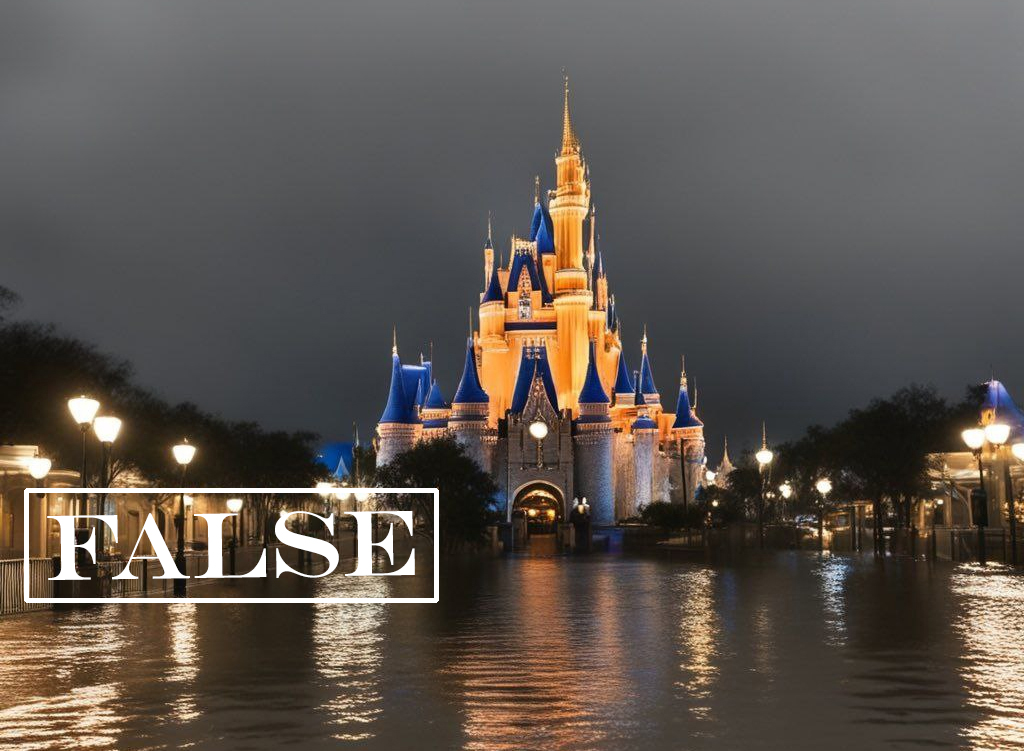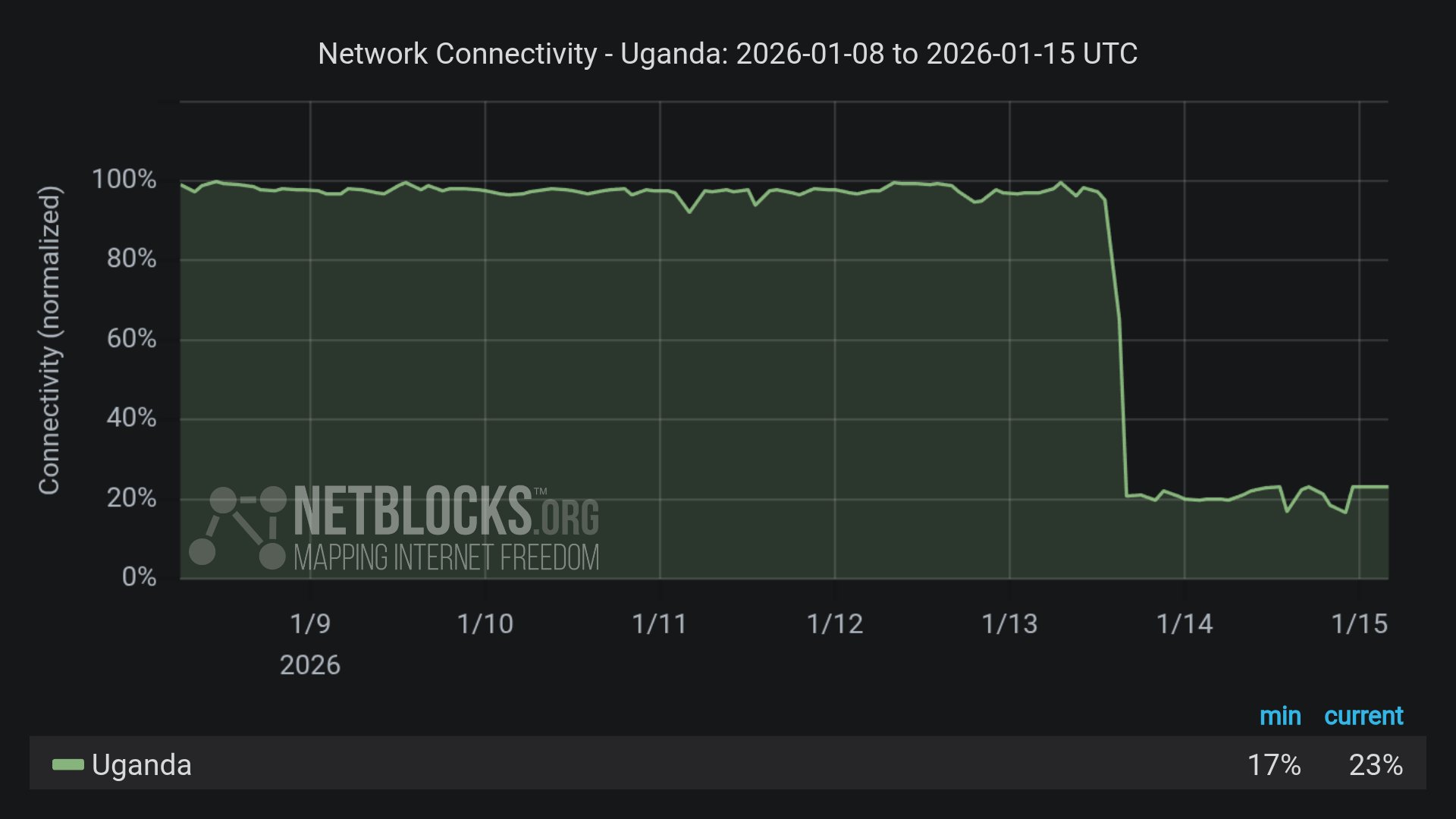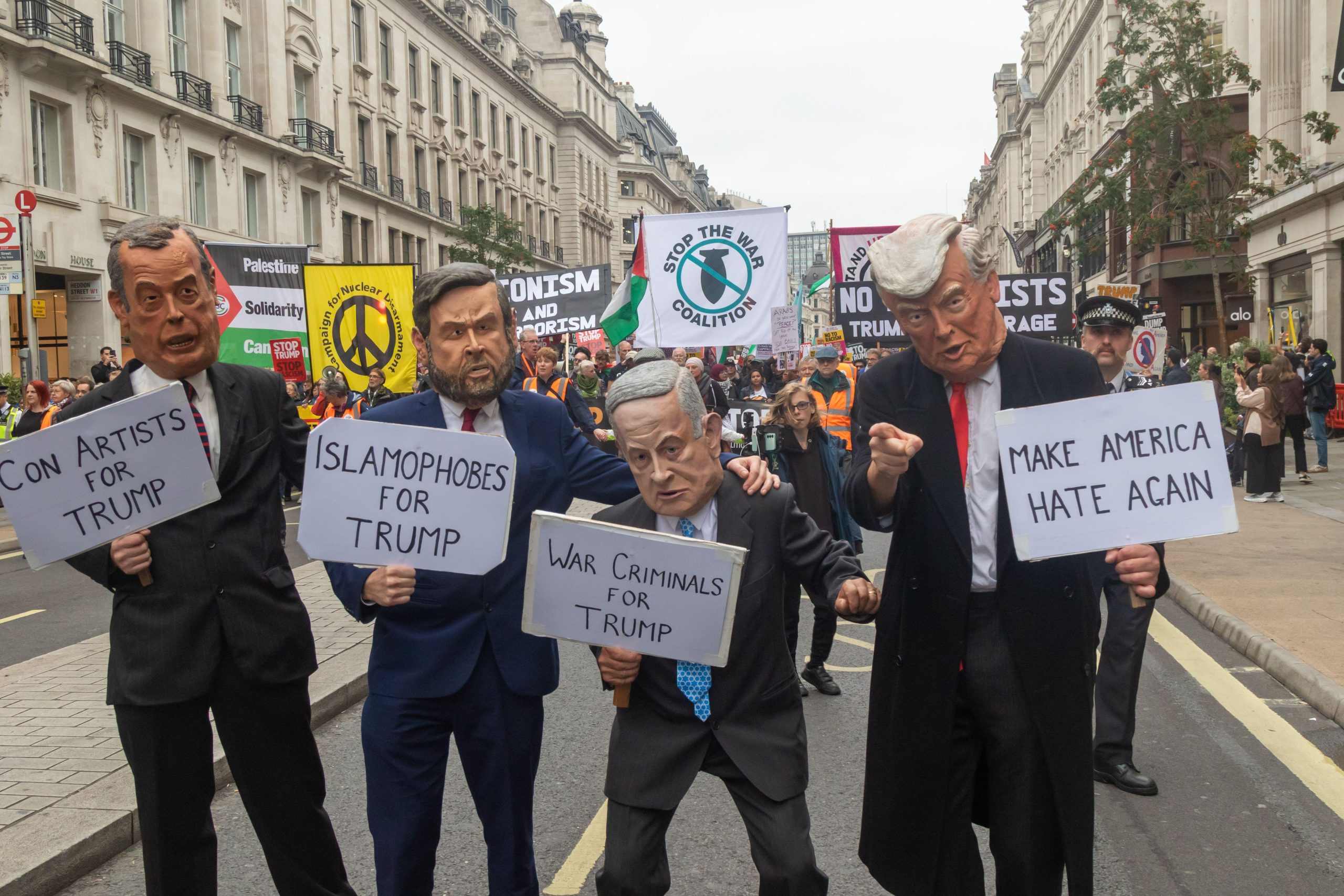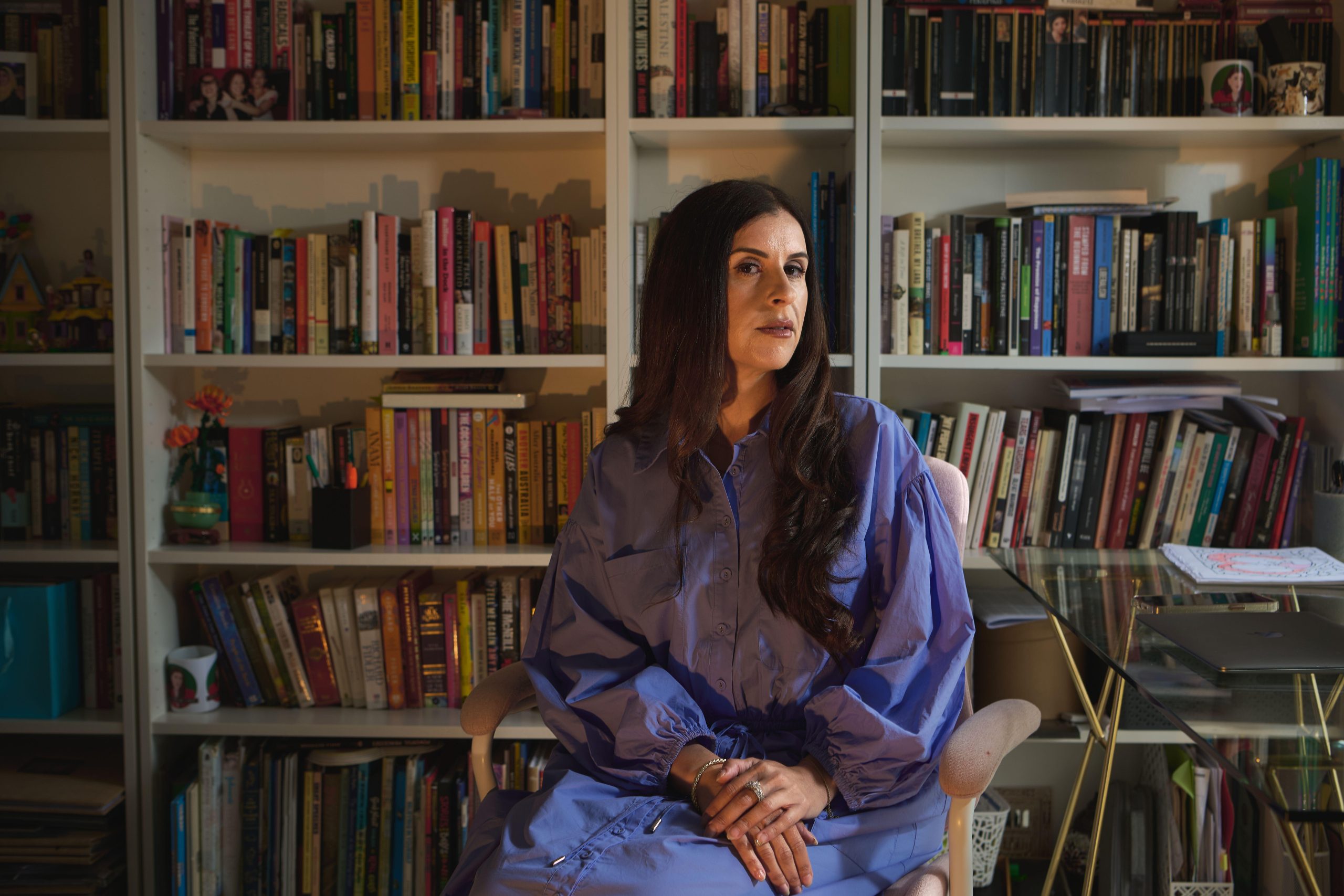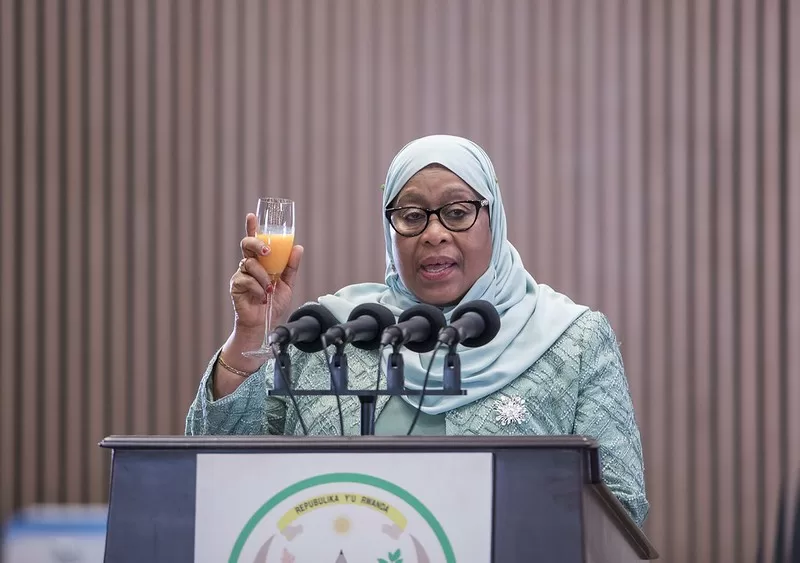Hello, readers. This is Sarah Dawood here, the new editor of Index on Censorship. Every week, we bring the most pertinent global free speech stories to your inbox.
This week, headlines have been dominated by the ongoing devastation of the war in the Middle East, where the death toll is now more than 42,000 in Gaza, and more than 2,100 in Lebanon. Monday also marked a painful milestone for Israelis and Jewish people everywhere, as the first anniversary of Hamas’s attacks, which killed 1,200 people. You can read Jerusalem correspondent Ben Lynfield’s forensic analysis on the region’s risks to journalists and press freedom below.
Attention has also been on the destructive Hurricane Milton in Florida, which has killed at least 16 people. The climate event has resulted in human tragedy, physical damage and the distortion of truth, with false information and AI-generated images accumulating millions of views on social media, including a fabricated flooding of Disney World in Orlando. Such imagery has been seized upon by hostile states, far-right groups, and even US politicians to advance their own aims: Russian state-owned news agency RIA Novosti reposted the fake Disney World photos to its Telegram channel, whilst Republican members of Congress have proclaimed conspiracy theories of government-led “storm manufacturing”. This emphasises how crises can be manipulated and monopolised to stir up division.
But while disinformation can undermine democracy, so too can information blockades. This brings us to some important stories coming out of Latin America. In Brazil, the social media platform X is now back online after a shutdown in September. The platform was banned by a top judge during the country’s presidential election campaign, in an attempt to prevent the spread of misinformation. But as Mateus Netzel, the executive director of Brazil-based digital news platform Poder360 told Reuters, social media bans not only restrict public access to information, but can undermine journalists’ ability to gather and report on news. Elon Musk himself was using X to post about the development of the ban, but this was inaccessible to Brazilian journalists. “In theory, there are journalists and outlets who do not have access to that right now and this is a very important restriction because they need to report on this issue and they will have to rely on indirect sources,” said Netzel.
We also heard frightening news from Mexico, where a local politician was murdered and beheaded just days after being sworn in as city mayor of Chilpancingo. Whilst we don’t yet know the reason that Alejandro Arcos Catalán was killed, his murder is yet another example of journalists, politicians, and other public figures being routinely targeted by criminal gangs. Bar active war zones, Mexico has consistently been the most dangerous country in the world for journalists, topping Reporters Without Borders’ list in 2022.
Meanwhile, in El Salvador, climate activists are being silenced through false imprisonment. Five protesters, who fronted a 13-year grassroots campaign to ban metal mining due to its devastating environmental impacts are now facing life in prison for the alleged killing of an army informant in 1989. The charge has been condemned by the UN and international lawyers as baseless and politically motivated, and echoes heavy-handed prison sentences being handed to climate protesters globally, including in democratic countries. As Index’s Mackenzie Argent reported last month, human rights lawyers have called out the UK’s hypocrisy in claiming egalitarianism whilst disproportionately punishing environmental activists, pointing specifically to the sentencing of Just Stop Oil’s Roger Hallam to five years in prison in July. These two stories, although taking place 5,000 miles away from each other, underline how climate defenders are currently on the front line of attempts to be silenced.

